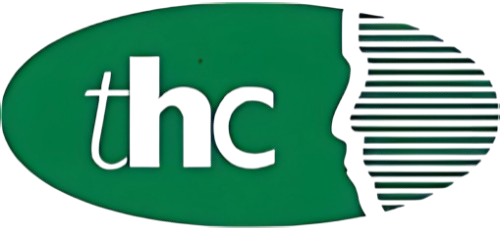Category: Resume
Crafting a compelling resume can be daunting. You sit down to write it, and the questions flood in: What does the employer want to see? What will make them call me for an interview? What’s the secret ingredient that sets my resume apart?
As a career counselor with years of experience and thousands of resumes under my belt, I’ve seen countless people struggle with this process. The biggest mistake I notice? Most resumes fail to highlight results and accomplishments effectively.
What Employers Really Care About
Employers aren’t interested in reading generic job descriptions—they already know what a sales executive or project manager does. What grabs their attention are your results: the tangible outcomes you’ve achieved in your previous roles. These outcomes demonstrate your ability to add value and give them confidence that you can deliver similar results for their organization.
The Key to Success: Quantify Your Accomplishments
The most impactful resumes emphasize measurable results. For example, instead of simply stating, “Improved team processes,” say, “Developed and implemented process improvements that generated $300K in cost savings.” Numbers and specific achievements catch the eye and showcase your contributions.
Some other examples:
- Instead of “Supervised a team,” say, “Managed a team of six direct and 13 indirect reports.”
- Instead of “Increased sales,” say, “Grew territory revenue by 22%, adding $5M in new business within 10 months.”
The Common Roadblock
The biggest obstacle to crafting a results-driven resume is often the inability to recall or quantify past accomplishments. Many people don’t track their achievements, forget the details, or fail to document them altogether. This oversight can be particularly problematic for roles where metrics are essential, such as sales, where numbers like revenue growth, customer acquisition, or market share expansion are critical.
Simple Strategy to Track Results
Start a monthly habit of recording your accomplishments. At the end of each month, take a few minutes to jot down the key outcomes of your work. Note specifics—how much money you saved, how much revenue you generated, or how many clients you managed. This makes updating your resume easy and ensures you have the information you need when opportunity strikes.
Annual Resume Refresh
Every January, set aside time to update your resume with the previous year’s accomplishments. This ensures your resume remains current and impactful, with fresh, detailed achievements that demonstrate your ongoing contributions. It’s a powerful career management habit that pays off when you’re ready to make your next move.
Avoid This Common Mistake
Don’t store your updated resume and career notes solely on your work devices or company cloud accounts. If your access is cut off unexpectedly due to layoffs or job changes, you could lose these critical files. Save them securely on your personal devices or external storage, like a thumb drive or a personal cloud account.
The Bottom Line
Your resume is your professional story, and the most compelling stories are those backed by results. By tracking your achievements regularly, quantifying your impact, and keeping your documents secure, you’ll always be ready to present a resume that grabs attention and opens doors.
Take control of your career—start building your results-driven resume today.


